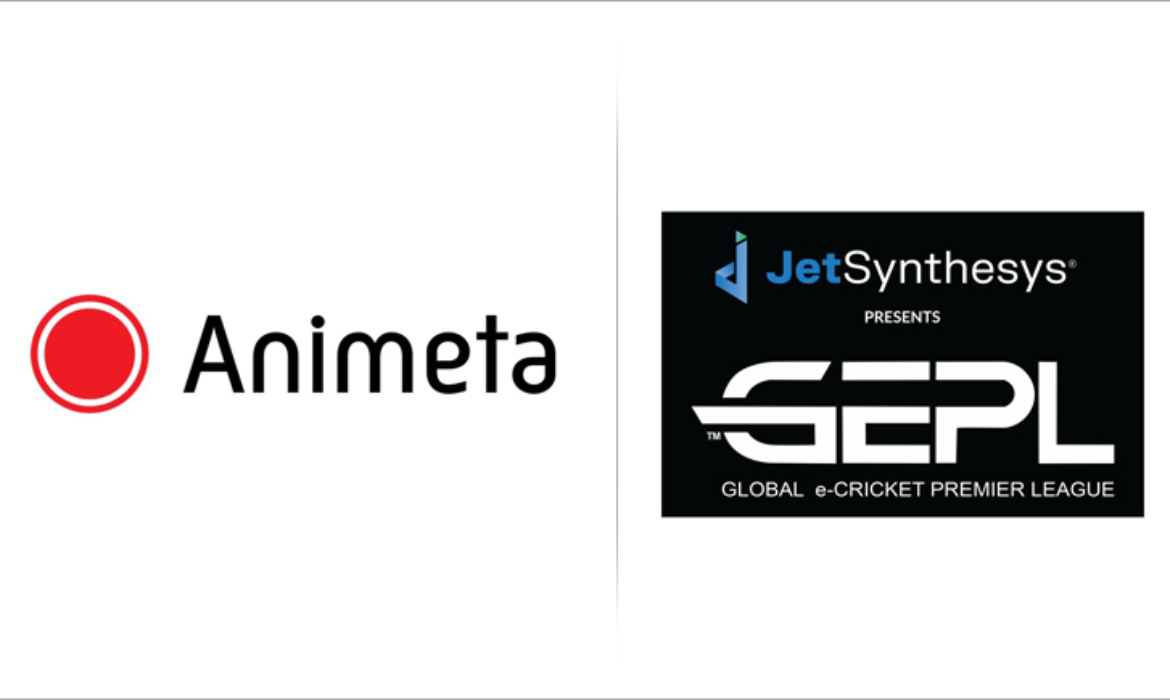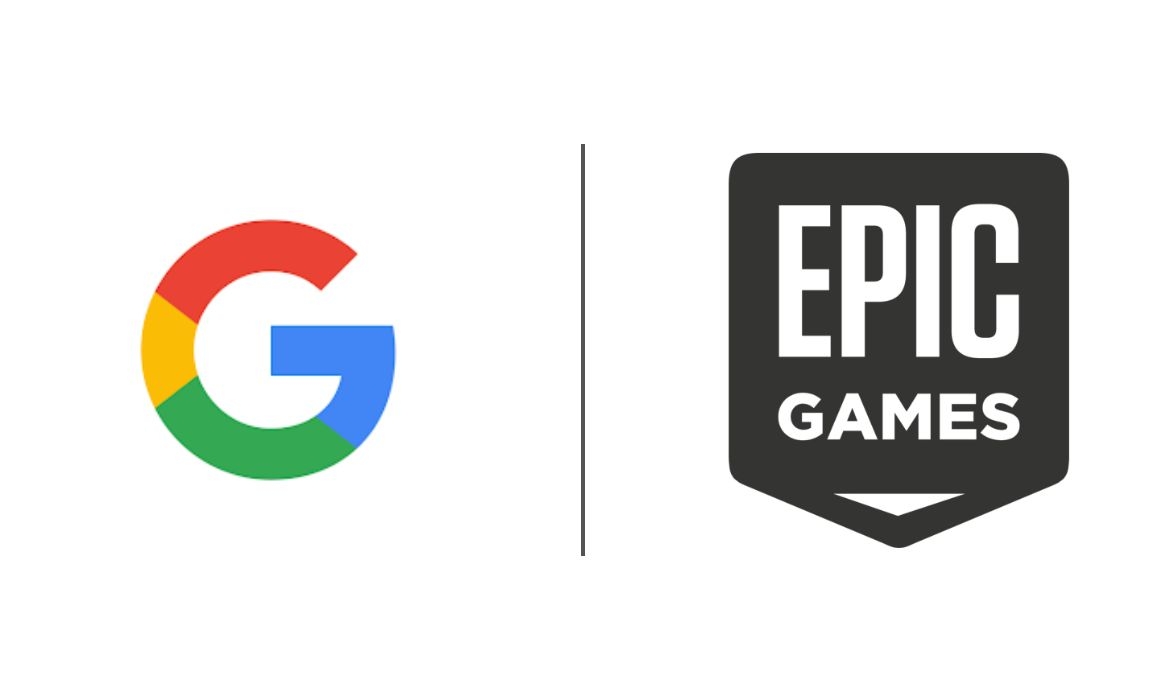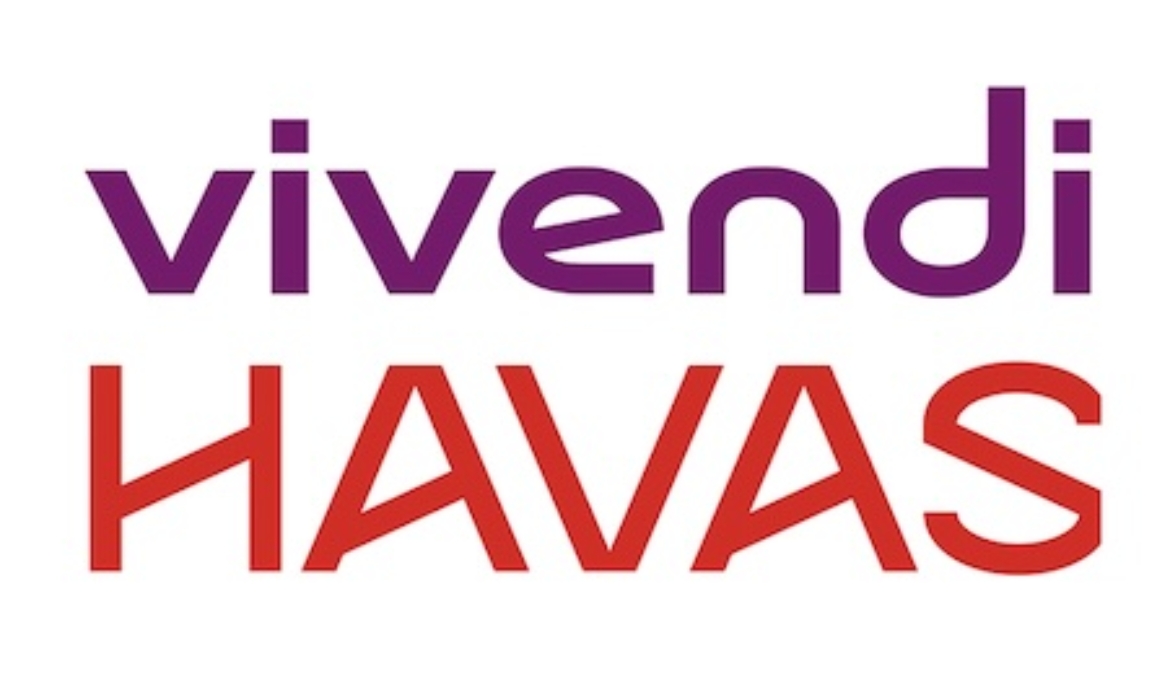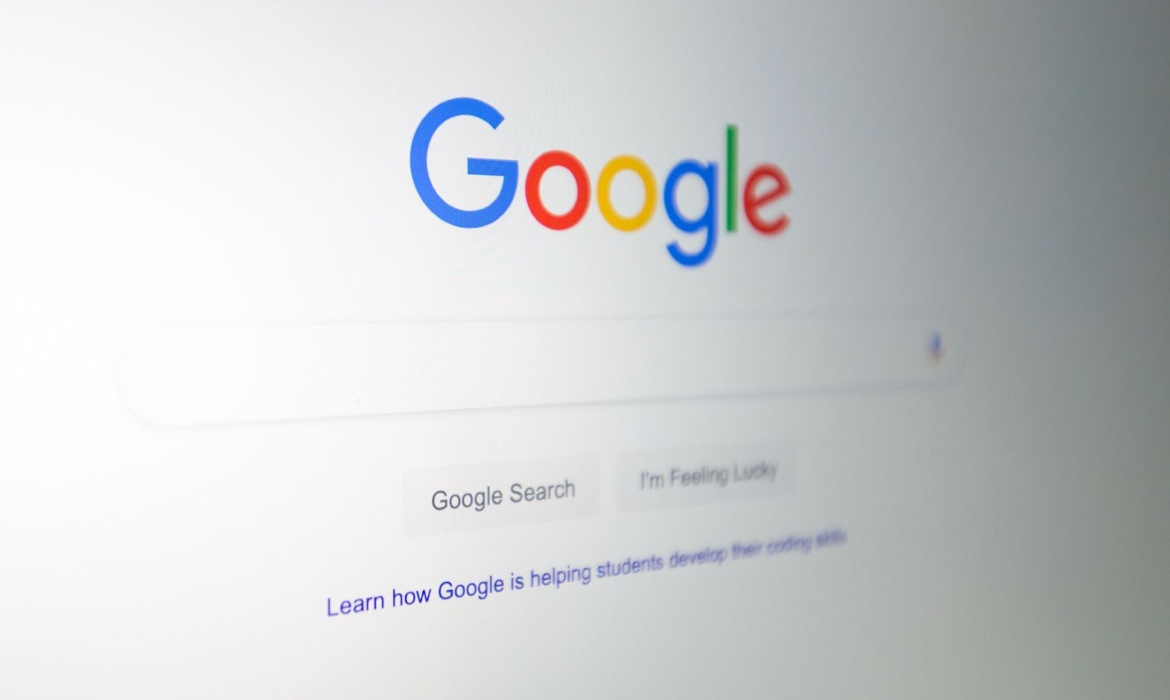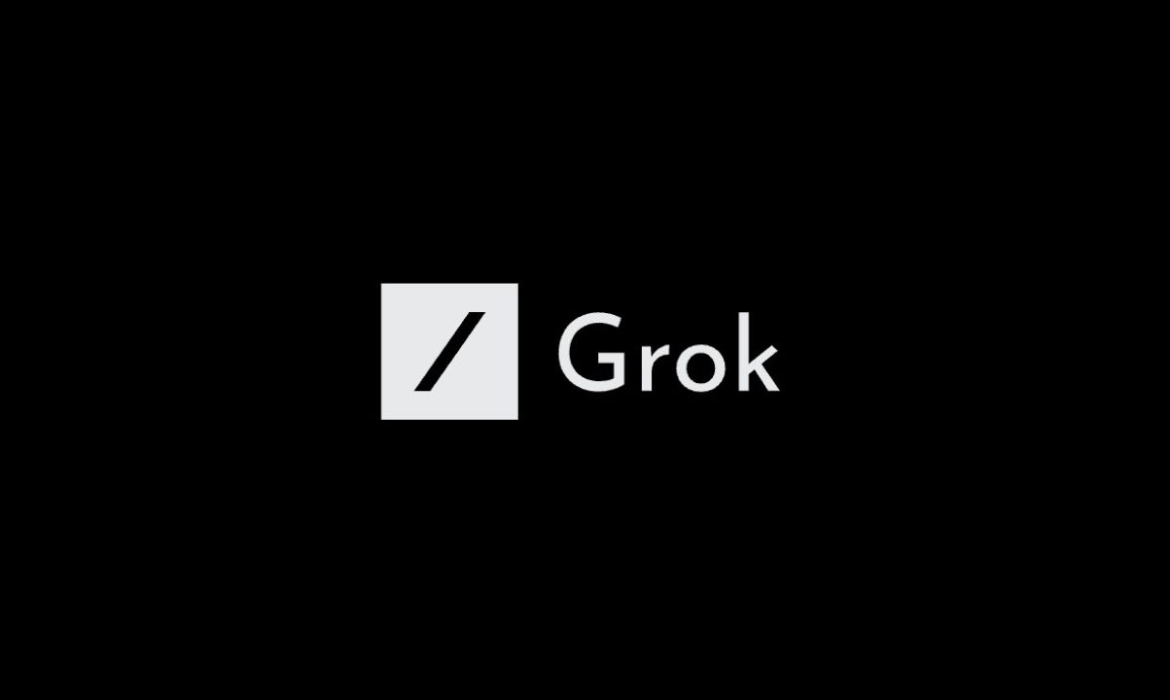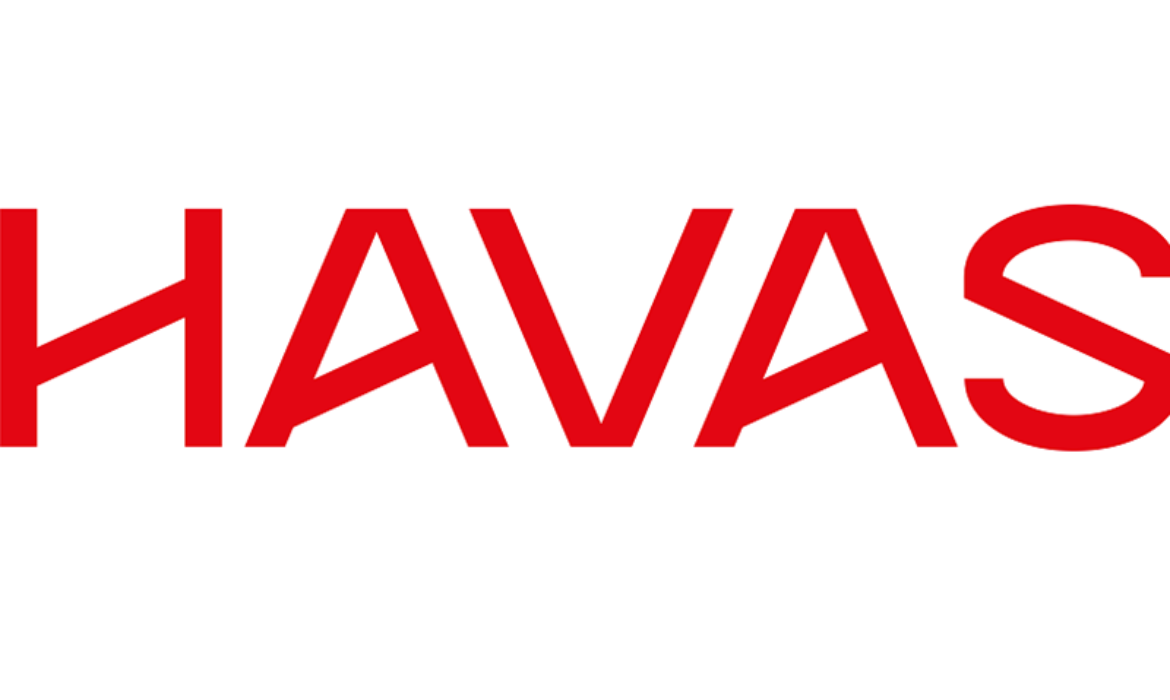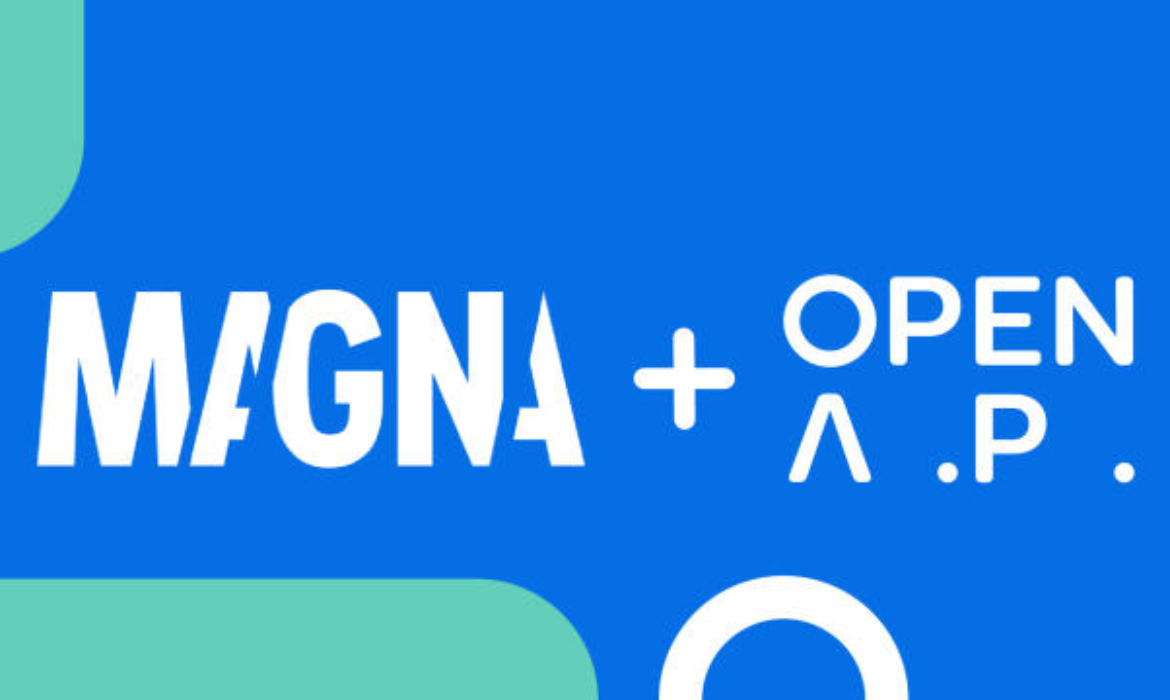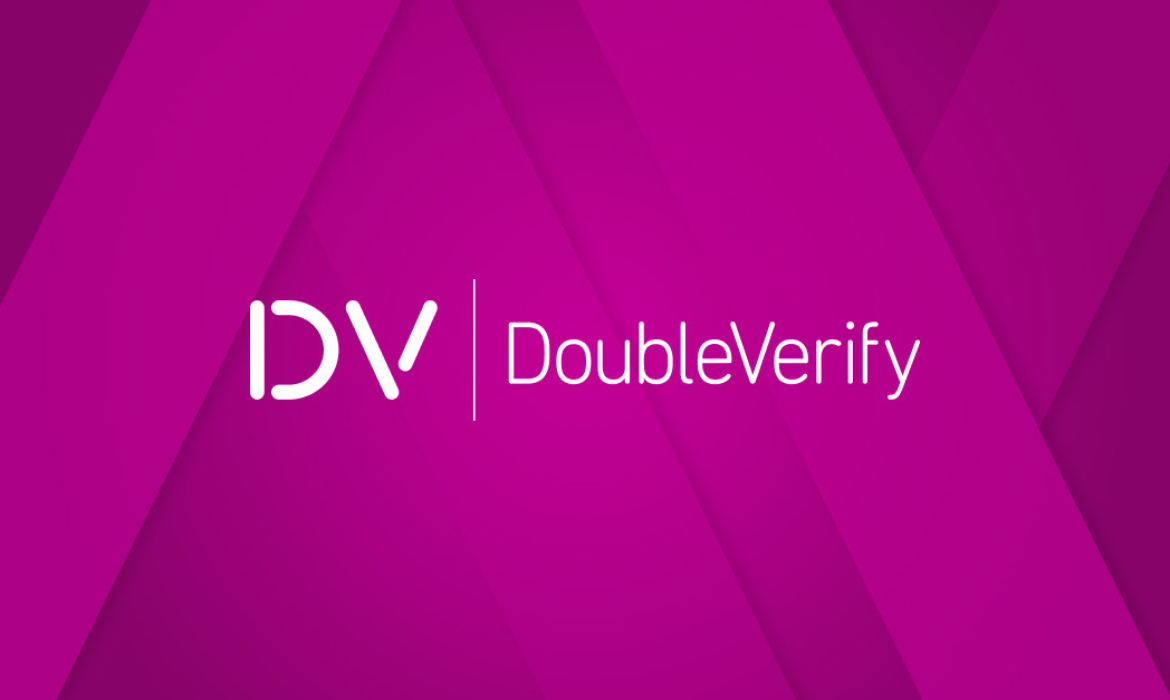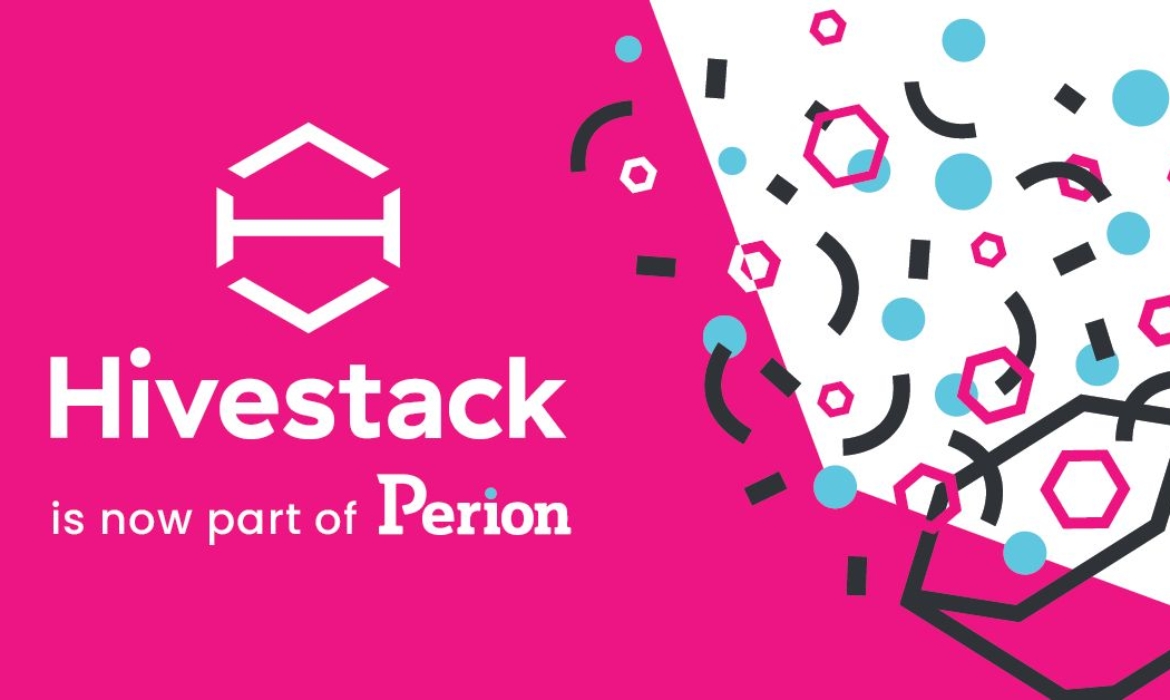JetSynthesys Collaborates with Animeta for Global e-Cricket Event GEPL
The Global e-Cricket Premier League (GEPL), a team-based cricket e-sports and entertainment league, debuted on Real Cricket 24 (RC24). Jetsynthesys co-owns RC24, a mobile cricket simulation game. To promote this, JetSynthesys has joined forces with Animeta, an AI-driven creator technology company, including artists and creators.
e-Cricket as a sport
Considering how well-liked cricket is as a sport already, the plan was to expand the target demographic beyond fans of traditional gaming and e-sports (120 million+ active users) and target viewers of cricket content on mobile devices (260 million+), with a sizable share of Gen Z viewers. Initially, the primary objective was to generate interest in and acceptance of the e-Cricket concept. Subsequently, Jio Cinema, the exclusive streaming partner of the GEPL, was benefiting from the generated buzz.
Tactics undertaken to raise awareness
The partnership began with the onboarding of eight seasoned mobile gamers known as the “Game Galvanizers.” Each person was given a team to support as they spread the word about RC24 and GEPL, igniting excitement throughout communities. The witty creative duo Funcho (Shyam and Dhruv) were onboarded as the “Series Galvanizers.” The goal was to use these Gen-Z-focused, culturally relevant, and cricket-loving creators’ star power to draw in a diverse young audience eager to watch GEPL.
Rock and hip-hop rapper EPR, alias Santhanam Srinivasan Iyer, along with other artists and gamers attended the event. Roughly one thousand fans attended a fan meet hosted by well-known game creator Shreeman Legend. Furthermore, ACE, Nasty Ninja, Yedha Anna, and 99 Side are four well-known rappers that Animeta collaborated with. They created the anthem “Find your Glory” for GEPL Season 1 to improve the viewing experience. By showcasing the game’s universal appeal across genders, eight vibrant female influencers helped to further diversify the target audience cohorts for GEPL.
Read More: Etisalat and DCT- Abu Dhabi Partner to Revolutionize Gaming in MENA
What is the Global e-cricket premier league?
JetSynthesys started the Global e-Cricket Premier League (GEPL), the largest esports competition in India. JetSynthests is a cutting-edge provider of digital entertainment and technology. JioCinema and Sports18 broadcast the inaugural season this month. It marked the release of Real Cricket 24, the first and only top-tier esportable game in India. The game boasts a whopping 27 crore lifetime downloads. In essence, the game is the most popular skill-based free-to-play (FTP) cricket simulation. The competition transcends the boundaries of conventional sports. It expertly fuses the excitement of video games with an unrivaled passion for cricket to capture millions of viewers every day.
Here’s what they said
Rajan Navani, founder and CEO, JetSynthesys, shared,
Cricket came to us from the West but today, I’m proud to say that our Made-in-India Real Cricket and GEPL have set the stage for India exporting cricket esports to the world. Animeta helped us onboard the right influencers and employ the correct influencer strategy to maximize the impact of these creators.
Rohit Potphode, CEO, GEPL, said,
GEPL stands as the largest eCricket league globally. In order to appropriately match its immense scale, we collaborated with Animeta- Brandstar, a specialized influencer marketing platform. This partnership allowed us to enlist renowned influencers spanning cricket, gaming, and entertainment domains, ensuring a broad reach across diverse audience demographics.
Devdatta Potnis, CEO, of Animeta added,
When you are trying to tap into a Gen Z audience, influencer marketing becomes an extremely important avenue, as social media is where this audience frequents daily. The approach was to tap into some key aspects across the whole spectrum of content habits that this audience has.
Biswamitra Ray, senior vice president, branded content and creator projects, at Animeta, commented,
Selection of credible and relevant voices and high-relatability in the content is key to a campaign’s success. Whether it was for the social media posts made by the creators or the song composed specially for GEPL – we looked deeply into universal insights about the audience, whose attention we were trying to grab.
Read More: Lego and Fortnite Announce Ground-Breaking Gaming Partnership
Unlocking the Power of AI in Digital Marketing: A Comprehensive Guide
Understanding the Basics of AI in Digital Marketing
To kick things off, let’s demystify what AI truly means in the context of digital marketing. Artificial Intelligence refers to the development of computer systems that can perform tasks that typically require human intelligence. In the marketing sphere, AI is leveraged to analyze data, automate processes, and enhance decision-making.AI-Powered Analytics for Informed Decision-Making
One of the key areas where AI excels is in data analysis. Traditional analytics tools pale in comparison to the capabilities of AI algorithms when it comes to processing vast amounts of data swiftly and extracting meaningful insights. By employing AI-powered analytics, marketers can gain a deeper understanding of consumer behavior, preferences, and trends, enabling more informed decision-making.Personalization Redefined with AI
Personalization has become a buzzword in digital marketing, and AI takes it to the next level. By analyzing user behavior and preferences in real-time, AI can deliver hyper-personalized content and recommendations. This not only enhances the user experience but also increases the likelihood of conversion by presenting users with content that resonates with their individual needs and interests.Chatbots and Customer Engagement
AI-driven chatbots have become invaluable assets in enhancing customer engagement. These virtual assistants can handle customer queries, provide information, and even facilitate transactions – all in real time. The result is improved customer satisfaction and a more efficient use of resources, freeing up human agents to focus on more complex tasks.Revolutionizing SEO Practices
Search Engine Optimization (SEO) is a cornerstone of digital marketing, and AI has brought about a paradigm shift in SEO practices. AI algorithms, such as Google’s RankBrain, are now integral to determining search engine rankings. Marketers need to adapt their strategies to align with these algorithms, focusing on creating high-quality, relevant content that genuinely adds value to users.Automating Marketing Campaigns for Efficiency
Automation is another game-changer in the realm of digital marketing. AI-powered tools can automate various marketing tasks, from email campaigns to social media posting schedules. This not only saves time but also allows marketers to focus on strategy and creativity, leaving the repetitive tasks to the machines.Understanding the Role of AI in Programmatic Advertising
Programmatic advertising, fueled by AI, has transformed the way ads are bought and displayed online. AI algorithms analyze user data to make split-second decisions on ad placements, ensuring that the right ad is shown to the right audience at the right time. This level of precision enhances the effectiveness of advertising campaigns and maximizes return on investment.Overcoming Challenges and Ethical Considerations
While the benefits of AI in digital marketing are substantial, it’s crucial to acknowledge and address the challenges and ethical considerations that come with its implementation. Issues such as data privacy, algorithmic bias, and the potential displacement of jobs should be carefully navigated to ensure responsible and sustainable use of AI technologies.Preparing Your Business for the AI Revolution
As AI continues to evolve, businesses must proactively embrace these technological advancements to stay competitive. This involves investing in AI talent, staying informed about the latest developments, and continually reassessing and adapting digital marketing strategies to align with the capabilities of AI.Conclusion: The Future is AI-Driven
In conclusion, unlocking the power of AI in digital marketing is not just a trend; it’s a necessity for businesses aiming to thrive in the digital age. From personalized user experiences to data-driven decision-making, AI has the potential to revolutionize every aspect of the digital marketing landscape. Embracing this technology and understanding how to leverage it effectively will undoubtedly set businesses on the path to success in the ever-evolving world of digital marketing.Read More: The Role of AI in Personalized Advertising

Ali Masthan
Google Search | Display Ads | DV 360 | GAM 360 | Paid Social | Media Planning and Strategy
With over 12 years of experience in media planning, strategy, and content marketing, Ali Masthan is a digital marketing veteran passionate about helping businesses build ethical and sustainable customer relationships. He believes that transparency, respect, and quality content are key to earning trust and achieving long-term success. Follow Ali for insightful tips and strategies to navigate the ever-evolving digital landscape.
Epic Games Prevails in the Antitrust Trial Against Google
Google’s problems remain unchanged since a US jury found that the company is monopolizing the Play Store. Video game developer Epic Games, best known for the game Fortnite, has won an antitrust trial against Google. The win could have a big impact on the app store economy. The decision was on the grounds that the tech giant was establishing an unlawful monopoly through its Play store and billing service. Three hours of deliberation followed a four-week trial that focused on a lucrative payment system within the Google Play Store before a unanimous decision was reached. The store serves as the primary location for hundreds of millions of users worldwide to download and install apps compatible with smartphones powered by Google’s Android software.
Epic Games win the antitrust trial
Three years ago, Epic Games sued Google, claiming that the internet search giant had been abusing its position to keep its Play Store free from rivals. In this way, it was safeguarding a billion-dollar profit margin. The gaming industry has traditionally seen game developers submit to the power of app stores. With this victory, the industry marks a turning point. The fact that Epic Games’ lawsuit against Apple was dismissed two years ago makes it even more noteworthy. Tim Sweeney, the CEO of Epic Games, stated in court that his company could save up to billions of dollars if they didn’t have to pay Google. Though the fines for the Google case have not yet been determined, Epic Games did not submit any financial claims.
What was the Google v Epic Games antitrust trial?
Video game developer Epic Games claimed Google Play Store Antitrust Litigation was charging app developers 30% more for in-app purchases. With this, Google’s Play Store was essentially eliminating all competition. Despite making up a small portion of Google’s overall revenue, these kinds of transactions are nevertheless a high-margin business. To maintain more of the money it makes from in-app purchases and provide an app store that could rival Google’s Play Store for Android users, Epic filed a lawsuit against Google three years prior in 2020.
Epic said that Google illegally tied up its Play Store with its billing services. Doing so, developers were forced to use both in order to have their apps included. Epic accused the tech giant of using anti-competitive practices that hurt both consumers and developers. Google pulled Epic’s video game Fortnite from its store because the developer attempted to avoid paying Google’s fees by charging users directly for in-app purchases. The lawsuit was sparked by this.
Read More: Google Secretly Alters Ad Auctions to Boost Revenue Targets
What did the jury rule in this antitrust trial?
After a month-long trial, the nine-person jury unanimously found in favor of Epic Games. They agreed on all eleven questions after three hours of deliberation. In essence, the jury concluded that Google had obtained and was still enjoying monopoly power in the markets for Android app distribution and in-app purchases of digital goods and services.
Google’s attorneys contended during the trial that the company could not function as a monopoly. It stated this was because it was in competition with Apple’s App Store. App Store is more widely used in the United States. Additionally, Google announced that it would appeal to the 9th U.S. Circuit Court of Appeals, which is located in San Francisco.
This is an example of the greatness of the American justice system. A billion dollar company challenges a trillion dollar company over complex antitrust practices, and a jury of 9 citizens hears the testimony and renders a verdict. And here it is in writing! https://t.co/6btDlhRqEF
— Tim Sweeney (@TimSweeneyEpic) December 12, 2023
What are the implications of the ruling?
After this ruling, Epic Games will have the opportunity to file a court document. It can outline its recommendations for fixing Google’s Play Store. However, it could jeopardize Google’s $10 billion in yearly revenue from in-app purchases and app sales. On Google’s Android mobile platform, the ruling may open the door for competing app stores. However, long appeals procedures will probably stall any changes for years.
In addition, Google might be asked to permit developers to employ payment processors other than Google’s, which could have a big effect on Google’s whole business strategy. The verdict of the trial won’t have a direct impact on the company’s primary revenue stream, which is digital advertising primarily connected to its search engine, Gmail, and other services. The jury’s unanimous decision may also put more pressure on Google at a moment when the tech giant is facing legal action from the US Justice Department, which has charged it with violating antitrust laws.
Google’s claims of an open app store market
As proof of a free market, Google cited competing Android app stores. These included the one Samsung installs on its well-known smartphones. More than 60% of Android phones offer alternate stores for Android apps. This is in addition to the competing app stores that come pre-installed on devices manufactured by other companies.
However, Epic provided proof to support the claim that Google views competition as a figment of the imagination. It pointed to the hundreds of billions of dollars it has given to firms like Activision Blizzard, a developer of video games. This was to deter them from launching competing app stores. In addition to providing these payments, Epic Games asked the jury to take into account the Google “scare screens” that appear and alert users to possible security vulnerabilities when they attempt to download Android apps from some of the alternatives to the Play Store.
Read More: Google Plans to Phase-Out Chrome Third Party Cookies On January 4, 2024
Similar case: Epic Games vs Apple
In an identical lawsuit Epic filed against the iPhone app store, Apple won. However, a federal judge’s decision from that 2021 trial is being appealed to the US Supreme Court. The case’s outcome differed significantly from that of Epic Games’ antitrust lawsuit against Apple, which was mostly unsuccessful. Even though Epic is still trying to prove Apple was a monopolist, a lower court judge and an appeals court upheld the decision. It means the case will not go to the U.S. Supreme Court. Epic prevailed on a single issue: developers of apps and games ought to be permitted to promote cheaper alternative stores within the apps they offer for sale on the Apple App Store.
Major difference in both trials
The primary distinction between Google and Apple’s case was Project Hug. Apple didn’t need to sign agreements with other businesses to maintain its competitive advantages because it produced its own smartphones. However, Google developed the Android platform. To maintain global collaboration and the viability of its Google Play store, Google launched Project Hug. In this, it compensated rival retailers like Samsung and game developers handsomely for using its store instead of competing with it or eliminating competition.
For example, Google paid Samsung money to guarantee that, in addition to Samsung’s own store, Google Play was the only app store that came preinstalled on Samsung smartphones. Additionally, Google allegedly advised game developers to use the Google Play store instead of starting their own rival businesses. According to Epic, Google was able to charge up to 30% in royalties for each app, game, or in-game virtual good that was purchased because of these practices. Developers were forced to comply and pay the costs.
Video Game industry expansion
In 2023, the video game industry experienced both successes and setbacks, including studio closures, significant layoffs, and numerous lawsuits. There are significant ramifications for the video game industry from lawsuits. For instance, Epic Games’ against Apple and Google, as more developers aim to enter the mobile market. Given Epic’s victory over Google, it’s possible that Google will be forced to modify its invoicing procedures and possibly reduce its royalties. For independent developers and smaller studios, this would be encouraging. It would increase the financial viability of mobile app stores, giving them additional platform options for their games. Any potential fines, though, are probably going to be challenged by Google. It would mean that Epic might have to continue battling the law for years to come.
Read More: US Govt. vs Google: Google Accused of Breaking Antitrust Laws
Havas May Become A Separate Entity As Vivendi Considers Three-Way Split
The share price of French media conglomerate Vivendi has surged. This is a result of its potential split into three distinct listed companies. In an attempt to increase the value of his company, French billionaire Vincent Bollore is considering dissolving his vast media and entertainment conglomerate, Vivendi SE. The plan calls for the roughly €10 billion ($10.9 billion) French conglomerate to be divided into three separate businesses: the Pay-TV division, Canal+; the advertising and communications branch, Havas; and a business that includes its majority stake in the publishing group, Lagardère Group.
Vivendi contemplates a three-way split
The company argues that this is because, as a unified entity, its shares are sold at a discount, which limits its capacity to carry out its intended expansion plan. The value of the various entities would be maximized by splitting them into three companies. Vivendi claims that splitting itself into three sections will allow it to fully realize the development potential of all of its operations. Each of its three business divisions is currently seeing rapid growth in the global market, which is accompanied by a wealth of investment opportunities.
Rise in revenue and profit valuations
Should the split proceed, Havas and Canal+, Vivendi’s primary revenue and profit stream, will be spun off as independent businesses. After separating from their parent company, this could result in valuations of roughly €3 billion for Havas and €6.1 billion for Canal+. Regarding its €1.3 billion ($1.4 billion) ownership of the former telecom monopoly Telecom Italia SpA, Vivendi is also exploring options.
Subsequently, the organization intends to establish a third publicly traded division as an investment firm. It would accommodate Lagardère and encompass additional listed and unlisted assets in media and entertainment firms. To investigate a possible split, Vivendi will consult its “usual” banks and advisors. Any strategy must benefit all parties involved and consider tax implications. The market valuation of the three distinct entities might be roughly 40% higher than their current valuation.
Read More: Havas Announces Majority Stake Acquisition in PR Pundit in India
Vivendi’s split from Universal Music Group
The news comes two years after Vivendi split from Universal Music Group in a highly successful IPO. This gave shareholders ownership of 60% of the company’s shares. The board is now permitted to investigate the possibility of dividing into three companies. Ad holding company Havas Group would once again become an independent publicly traded company if the plan is approved. This was the case until Vivendi purchased it in 2017.
It’s an indication of how Bollore, the industrialist and corporate raider who invested in Vivendi for the first time in 2011, is still shaping the organization. He is essentially leading even though he is no longer the chair. 2018 saw him fold into another business he owned, the advertising agency Havas, after first selling off his video game and telecom assets. At the time, he held just under 30% of the group’s shares.
Vivendi’s efforts for business synergies and cohesion
For a considerable time, investors and Vivendi have been frustrated by the group’s operating businesses’ lack of coherence and synergies. Since his father’s official retirement in 2022, Yannick Bollore has been working to make things better. Vivendi declared that it would evaluate the viability of the suggested split. It would take into account the tax implications for shareholders, in collaboration with banks and other advisors. There was no deadline given for finishing the assessment, but information will be shared “in due course.” The split plans were announced only a few weeks after Vivendi effectively acquired the rival Lagardère group, expanding its holdings to include publishing house Hachette.
Read More: Havas Acquires EPROFESSIONAL, a Hamburg-based Digital Performance Marketing Agency
Google Plans to Phase-Out Chrome Third Party Cookies On January 4, 2024
Google revealed that, as part of a plan to phase out third-party cookies, which marketers use to track users, it will start testing a new feature on its Chrome browser. From January 4th, the tech giant will begin its much-awaited purging of the internet’s cookies. It will block them for 1% of Chrome users, or roughly 30 million people. Users will notice a small eyeball logo in the URL bar when Tracking Protection is enabled. In the event of disruption, they will be prompted to deactivate Tracking Protection for particular websites. They will also be given the option to disable it altogether. This marks a significant milestone in Google’s Privacy Sandbox project. The initiative seeks to replace cookies with what it claims is a more effective form of tracking for efficient user privacy.
Google finally intends to phase out third-party cookies
In the second half of 2024, Google intends to fully phase out the use of third-party cookies for users. This marks a significant first step in Google’s Privacy Sandbox Initiative. It aims to replace cookies with an alternative tracking mechanism called “Tracking Protection,” which Google assets in a more privacy-oriented manner. The initiative comes nearly four years after third-party cookies were disabled in Firefox and Safari.
However, the timeline is contingent upon resolving antitrust issues brought forth by the Competition and Markets Authority (CMA) of the United Kingdom. In addition to keeping an eye on the company’s largest revenue stream, advertising, the CMA has been looking into Google’s proposal to stop supporting some cookies in Chrome. This is because the watchdog is concerned it will hinder competition in the digital advertising space.
Read More: Google’s Phasing Out of Third-Party Cookies: A Paradigm Shift in Digital Advertising
How were third-party cookies beneficial to advertisers?
Cookies are unique files that let websites and advertisers track a user’s browsing behavior and identify them individually. Advertisers claim that the removal of cookies from the most widely used browsers in the world will restrict their capacity to gather data for customized advertisements and force them to rely more on Google’s user databases. Online organizations have used third-party cookies as their main method of tracking users’ activities for decades. These cookies give websites the ability to work with different businesses, like Google, to track users’ online activities. A significant change in digital tracking tactics is reflected in the impending demise of third-party cookies.
So-called “third-party cookies” have been the main method used by websites and tech companies to track users online for the past 30 years. For example, after a user has added shoes to their cart, they will see online advertisements for those shoes over time. Third-party cookies come into play here. These cookies enable websites to collaborate with numerous businesses, such as Google, to monitor user activity on the internet. Although it is fantastic for businesses, the fact that so many companies can retain user browsing history is terrible for user privacy.
Privacy Sandbox Initiative
Google stated that users can use the symbol to the right of the address bar to temporarily turn cookies back on for 90 days if necessary. It is incase if the website isn’t functioning properly without third-party cookies. If Chrome detects any problems with a website through indicators like repeated page refreshes, it will prompt the marketer to take this action. Chrome continues to track users, and it does so in a manner different from that of Firefox and Safari. However, the majority of users don’t bother switching browsers, and Google’s brand-new Chrome version is at least better for privacy as it discloses less information about the user’s online activities. As part of the Privacy Sandbox Initiative, Chrome users can choose to enable or disable cookie replacements. If users find the idea objectionable, they can still disable these tools through their browser’s settings.
Read More: End Of Third-Party Cookies, What Is There For Marketers: Takeaway!
Optional Tool to disable cookies
Google has added a new set of tools to the Chrome browser. These tools allow it to track users’ online activities in place of third-party cookies. Using this new strategy, users’ data is preserved on their devices by grouping them into discrete “Ad Topics.” Websites can request a user’s classified group but will not obtain personal data. This is different from traditional cookie-based tracking techniques. Websites can ask Google which categories users fall into. However, they will not be able to identify users precisely (at least not with cookies).
A strategic move aligning with rising user privacy concerns
Google’s strategic action is in line with an industry-wide trend toward enhancing user privacy. It is a result of increased regulatory scrutiny and consumer demand for stricter protection against unwanted data tracking and profiling. There will be some bugs because this is a significant alteration to the way the internet functions. Cookies are used for much more than just spying. They also store information about user logins, what they have in their carts, and many other useful features. Despite Google’s efforts to identify and remove malicious cookies, there will always be early failures
Read More: GroupM and Google Announce Post Third-Party Cookie Readiness Program
X Announces the Launch of its Generative AI Chatbot GrokAI in India
The generative AI chatbot GrokAI, developed by Elon Musk’s xAI, will now be accessible in India in addition to 46 other nations, including Pakistan, Australia, New Zealand, Singapore, Sri Lanka, and more. The announcement comes less than a week after it was made available in the US. GrokAI access will also be limited to X’s premium users in India. Grok faces competition from the likes of Google’s Gemini AI and OpenAI’s popular chatbot ChatGPT.
the following countries can now grok:
– australia
– bahamas
– barbados
– belize
– botswana
– cameroon
– canada
– dominica
– eswatini
– fiji
– gambia
– ghana
– grenada
– guyana
– india
– jamaica
– kenya
– liberia
– malaysia
– malawi
– malta
– mauritius
– namibia
– new zealand
-… https://t.co/P9YatfLF3h— X (@X) December 13, 2023
GrokAI chatbot accessible for Premium+ users
Currently, users of X Premium+, the highest subscription tier offered by X, can access the chatbot. Accordingly, users will have to pay INR 1,300 for a web subscription, INR 2,150 for mobile apps, and INR 13,600 for an annual subscription. In October 2023, X launched the Premium+ tier, which costs $16 per month and gives users ad-free access to both the algorithmic “For You” and chronological “Following” feeds on the platform. Other features include the ability to edit tweets, post longer text or video, and share ad revenue.
Read More: Elon Musk Ventures into The AI Frontier With xAI
GrokAI features
xAI had observed that, in contrast to other chatbots on the market, Grok has access to real-time information because of data from X. Conversely, ChatGPT and Google’s BARD compile data from a range of publicly accessible sources. These include Wikipedia, books, and online content. Additionally, the company mentioned that Grok has a “rebellious streak” and is made to “answer questions with a bit of wit.” Furthermore, according to xAI, Grok will respond to inquiries that popular AI chatbots now reject. Once GrokAI was released in the US, it has already generated a good deal of controversy for its clever answers to questions. Additionally, a lot of people claimed that GrokAI isn’t quite politically neutral like other chatbots.
Large language models powering the chatbot
Grok is built upon Grok-0, xAI’s proprietary large language model (LLM). Grok-0, which is trained with 33 billion parameters, can outperform ChatGPT’s GPT 3.5 language model, according to xAI.
Access to data
When the chatbot was first released, xAI claimed that it could access real-time data from X. Furthermore, the company guaranteed that its knowledge was current and applicable. The launch coincides with Elon Musk continuing to push for diversifying X’s revenue streams. He aims to do so by increasing subscription income and lowering the company’s reliance on advertising. The advertising revenue currently accounts for the majority of revenue but has suffered significantly over the past year.
Read More: Amazon Enters Generative AI Scene With Its Chatbot “Q”
Havas Acquires EPROFESSIONAL, a Hamburg-based Digital Performance Marketing Agency
Havas has declared the strategic acquisition of EPROFESSIONAL, a digital performance marketing agency located in Hamburg. This move will broaden the company’s offering of premium performance marketing services and solidify its standing as the top agency in Germany. EPROFESSIONAL will become a part of the Havas Media Network organization while maintaining its independent branding.
EPROFESSIONAL, a Hamburg-based digital performance marketing agency
EPROFESSIONAL, which was established in the attic in Hamburg in 1999, has gained a reputation for being a leader in the performance marketing industry and a supplier of unique solutions. The company is a skilled collaborator in all facets of digital marketing, including social media, multichannel tracking, SEO/SEA, and more. For many years, EPROFESSIONAL has worked well with clients like Vodafone, L’Oréal, and Hapag Lloyd.
Management Roles
Henner Uekermann, who will take on the position of Managing Director, will oversee EPROFESSIONAL alongside Tim Christiansen. In parallel, Henner will carry on in his capacity as Managing Partner of Arena Media, a German agency brand that functions as a second brand under the Havas Media Network, alongside Havas Media.
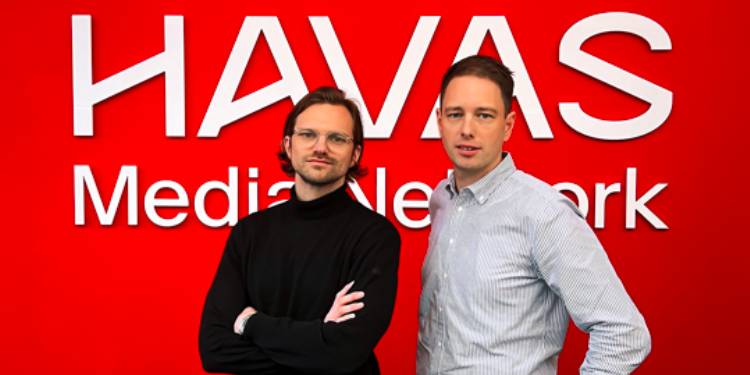
Left-Tim Christiansen; Right- Henner Uekermann; Image credit- MediaNews4U
Read More: Havas ME’s Alejandro Fischer: Shaping Advertising’s Landscape with Tech Brilliance
Here’s what they said
Yannick Bolloré, Chairman and Global CEO, Havas said,
We are thrilled to welcome EPROFESSIONAL to the Havas family. By combining EPROFESSIONAL’s expertise with our group’s local and global resources, we further strengthen Havas Media Network in Germany, ranked “dominant” in the latest RECMA report, and are better equipped to deliver best-in-class digital marketing solutions to our clients. After making investments in the UK, Canada, and India, our objective is to further expand our digital performance capabilities worldwide.
Sven Traichel, CEO of Havas Media Germany, explained
The focus has always been on making strategic and, above all, locally relevant investments. The acquisition of EPROFESSIONAL is such an investment to expand our digital expertise and offer customers even greater added value. The merger will enable both Havas and EPRO customers to implement successful marketing measures at all touchpoints of the entire customer journey.
The Managing Director of EPROFESSIONAL, Tim Christiansen, added,
Havas is an ideal partner for us. We share the same vision of offering customers innovative and customized solutions. In addition, the chemistry on a human level is outstanding.
Henner Uekermann, approaching his new role with great enthusiasm commented,
The integration of EPRO into the Havas Media Network and the further development of Arena Media in Germany are two wonderful tasks for me. With EPRO’s technological solutions and Havas Media’s 360° approach, we can implement holistic strategies from the first touchpoint to conversions and achieve our clients’ growth targets effectively and efficiently. By combining our competences, we can offer our clients an absolute state-of-the-art product from which we expect our agency to continue to grow in the coming years.
Read More: Swiggy To Continue With Havas Media Group India for Media Duties
MAGNA and OpenAP Partner for Data-Driven Video Capabilities; Magnite Opens New Office in India
MAGNA and OpenAP to Boost Data-Driven Video Capabilities
OpenAP and MAGNA announced a new partnership. The alliance will allow MAGNA to integrate directly with Acxiom to build and reach advanced audiences across data-driven video endpoints. OpenAP is a cutting-edge advertising firm that offers audience-based television campaigns scale and simplicity. MAGNA is IPG Mediabrands’ investment and intelligence division. The IPG Mediabrands network’s planning and investment engine, MAGNA, will now have the capability to target and distribute custom audiences across linear, digital, streaming, and programmatic channels using Acxiom data in a central manner through OpenAP. At the conclusion of a campaign, MAGNA will be able to compute cross-publisher and cross-platform reach and frequency.
Partnership for data-driven video capabilities
The alliance demonstrates MAGNA’s dedication to putting viewers first in the future of video advertising. MAGNA will receive actionable audience viewership data and key planning metrics throughout the campaign lifecycle by activating audiences with Acxiom data on OpenID, TV’s common identifier that powers the resolution of linear and digital audiences across publishers. This will give IPG Mediabrands clients a deeper understanding of viewership and eliminate waste and overlap in cross-platform campaigns across multiple currency workflow. OpenAP will provide MAGNA with end-to-end campaign forecasting for both digital and linear channels. This will give clients fresh and additional chances to distribute unexposed audiences to digital and CTV channels, increasing the reach and return on investment of their campaigns. Additionally, MAGNA will gain from having first-mover advantage in the cross-platform, cross-publisher clean room solution provided by OpenAP Data Hub in early 2024.
Timely alliance
The alliance is announced just in time for the 2025 Upfront. This is when advertisers will still have to deal with fragmentation in terms of identity, viewership, and new currencies. Moreover, the agreement is disclosed when TV networks attempt to sell the majority of their inventory of advertisements prior to the upcoming programming cycle. In order to provide clients of IPG Mediabrands with an objective perspective of planning insights and comprehensive campaign performance, independent of viewership currencies, the company has partnered with OpenAP to centralize audience onboarding, audience distribution, and post-campaign reporting.
Read More: IKEA Chooses McCann As The First Global Brand Marketing Agency
OpenAP partners
NBCUniversal, Fox Corp., Warner Bros. Discovery, and Paramount Global are a few of the companies that support OpenAP. The company wants to give advertisers access to specific consumer segments that are constant regardless of which company’s inventory is bought, as well as the ability to establish more easily comparable benchmarks.
Here’s what they said
Dani Benowitz, Global President, at MAGNA said,
Identity is the common denominator powering the industry’s transition to a multi-publisher, multi-platform, multi-currency advertising model. At MAGNA, we are committed to an audience-first strategy to deliver the insights and precision our clients need to maximize their investments. This partnership with OpenAP simplifies a complex process and gives the actionable data our team’s need in the planning stage to maximize our clients’ investments.
Abbey Thomas, Chief Revenue Officer at OpenAP stated,
Buyers have more choices than ever before going into the next upfront cycle with multiple new currencies and data sources, all while managing the complexities of fragmentation of audiences across publisher endpoints. By leaning into a common identifier to unify campaigns across publishers, platforms and currencies, MAGNA is modeling the way for how to navigate an incredibly complex media buying landscape and future-proofing their investments as we migrate to privacy-centric clean room technology with Acxiom in the OpenAP Data Hub.
Read More: Magnite Partners with Scope3 to Enhance Advertising Sustainability
Magnite Opens New Office In India Expanding Global Presence
Magnite expands global presence with opening of first India office. Opening of a Mumbai location enhances support for publishers and buyers in market. The expansion marks Magnite’s commitment to supporting publishers and buyers in one of the fastest-growing digital advertising markets globally.
Expanding presence in India
The biggest independent sell-side advertising firm, Magnite, has revealed the launch of a new office in Mumbai. It will act as the organization’s headquarters for all of India. This move demonstrates the company’s dedication to helping buyers and publishers in one of the world’s fastest-growing digital ad markets. In order to assist streaming TV media owners in India in managing premium ad experiences throughout the video landscape, Magnite released new cutting-edge tools this year, such as Magnite Streaming and the SpringServe ad server. Strong market demand for these developments has driven an 185% increase in CTV ad spending in India year over year.
Management Roles
As part of its ongoing efforts to expand its workforce in India, Magnite most recently named Chandrahas Shetty as the lead for demand facilitation. Senior Account Manager Rohit Prasad Yeggina, Account Manager, Supply Jerit Kunjumon, and Senior Account Manager, Supply, Karnika Maroo are among the other members of the team. Together, they are committed to helping clients achieve their goals. They will do so by making sure they can take advantage of Magnite’s special omnichannel capabilities.
Here’s what they said
Gavin Buxton, Managing Director of Asia at Magnite said,
Programmatic adoption in India is forecasted to increase at a CAGR of 32% until 2027, according to Magna Global. Establishing a Magnite hub in Mumbai allows us to provide more hands-on support and help our clients navigate the changing market landscape. As advertisers continue to seek out the most comprehensive omnichannel ecosystem to reach their audiences, we’ll be able to more seamlessly connect them with the premium publishers we work with.
Read More: Amazon Ads and IPG Mediabrands Ink 3-year Deal for Upcoming Prime Video Ads
DoubleVerify Includes YouTube Shorts in its Brand Safety Measurement Expansion
DoubleVerify (DV), a prominent software platform for data collection, analytics, and measurement of digital media, announced that YouTube Shorts will now be included in its YouTube brand safety and suitability measurement capabilities. With this expansion, brands will have more power to verify the suitability and safety of their campaigns on this expanding short-form video platform. Viewability and invalid traffic (IVT) measurements for YouTube Shorts are already available on both platforms. Advertisers can now measure and validate their campaigns across the entire ecosystem thanks to the extension of brand safety and suitability measurement to YouTube Shorts.
YouTube Shorts included in brand safety measurement expansion
With over 2 billion logged-in users each month, YouTube Shorts is a mobile-only video platform. It lets creators share brief, vertical videos with an audience. Marketers can increase the impact of their YouTube campaigns and engage their audiences with interactive, mobile-first creative builds by utilizing YouTube Shorts Ads. Advertisers will be able to measure and confirm campaign alignment with safe and appropriate YouTube Shorts videos with the release of expanded brand safety and suitability measurement. Additionally, the most recent features enable advertisers to obtain third-party confirmation that their campaigns are reaching the intended audiences through safe content.
Benefits of expansion
Reliable classification
To accurately classify YouTube Shorts videos across all GARM brand safety and suitability categories, additional DV suitability categories, and more than 40 supported languages, DV uses a combination of manual reviews and proprietary AI-driven tools.
Read More: DoubleVerify Unveils Industry-First Holistic MFA Protection Solution
Consistent settings and metrics
To help guide future media planning and purchasing decisions, advertisers can access industry-standard GARM-aligned brand safety and suitability settings. They can take advantage of the same degree of insights across various platforms and publishers.
Dependable measurement
By using an impartial third-party verification provider to verify the authenticity of their YouTube Shorts campaigns, advertisers can feel more confident.
Brand safety measures undertaken by DV
2011 saw the introduction of DV’s viewability and invalid traffic measurement services for Google and YouTube ad-serving platforms. DV joined Google as a measurement partner in 2018 for viewability and brand safety. Authentic Brand Suitability was introduced by DV on Google Display & Video 360 in 2020. DV achieved MRC accreditation in 2022, making it the first verification provider to do independent third-party viewability reporting on YouTube. DV introduced DV Campaign Automator™ earlier this year to optimize the Google Campaign Manager 360 trafficking workflow.
Here’s what they said
Mark Zagorski, CEO, DoubleVerify said,
Today’s announcement underscores our ongoing commitment to safeguarding brand equity and reputation across all media channels. Our innovative offering on YouTube Shorts provides YouTube advertisers with the tools they need to boost clarity and confidence in their media investment and verify brand-content alignment.
Read More: DoubleVerify Announces Expanded Measurement Coverage with S2S Integration
Perion Acquires DOOH Platform Hivestack for USD $100 million
Perion Network, which uses technology to connect advertisers and consumers across all major digital channels, announced that it has successfully acquired Hivestack Inc. Hivestack Inc. is globally recognized for its innovative full-stack programmatic digital out-of-home (DOOH) offerings. The deal includes a three-year employee retention and performance-based payment plan worth up to $25 million. Furthermore, it also includes US $100 million in cash paid at closing.
Perion’s Acquisition of DOOH platform Hivestack
Ordinary public spaces are transformed into dynamic experiences with DOOH advertising. It engages audiences with personalized, attention-grabbing content in real-time. Using state-of-the-art technology, it targets, delivers, and measures memorable, immersive advertisements that establish a connection between brands and consumers on the go. With the acquisition of Hivestack, a pioneer in programmatic DOOH technology since 2017, Perion is positioned to take advantage of its expected growth and enter an exciting new market.
A broader reach, a broader technology base
- The cutting-edge platform from Hivestack is in use in 32 nations throughout North America, EMEA, LATAM, and APAC. With this global reach, Perion will be able to take advantage of economic trends that affect advertising budgets around the world. Furthermore, it will also be able to provide a range of solutions in these new markets.
- This deal makes a substantial contribution to Perion’s diversification strategy. It will allow the establishment of a significant presence in the rapidly expanding DOOH channel. It is expected to grow at a 15.3% CAGR from US $21.5 billion in 2023 to US $30.7 billion in 2026, as per a PQ Media research report.
- Hivestack provides media owners with a range of specially designed software, such as the Head Bidder, SSP, and DOOH ad server. These are intended to manage, deliver, and optimize targeted advertising on digital screens to efficiently source demand and increase yield.
- In addition to tools for audience planning and campaign measurement, Hivestack’s DOOH DSP offers media buyers strong capabilities for locating ideal inventory and optimizing the efficacy and return on investment of DOOH advertising campaigns.
- This acquisition aligns well with Perion’s retail network strategy. Moreover, it is anticipated to generate opportunities for synergy with the company’s current advertising offering and business.
Read More: Hivestack Partners with Up Media to Expand Thai DOOH Market Share
Hivestack’s DOOH capabilities
GroupM, Dentsu, Uber, Colgate, Lego, InterContinental Hotel Group, Doordash, The Trade Desk, Xandr, Clear Channel, Lamar, and Stroer are among Hivestack’s agency, brand, ad-tech partner, and media owner clients. Perion serves clients like DraftKings, Kroger, Albertsons, BMW, HBO, and Nike. Through the acquisition, Perion will be able to expand its DOOH capabilities. Perion operates in all of the major digital advertising channels, including search, social, display, video, and connected TV. Perion has a $1.3 billion market capitalization and trades in both New York and Tel Aviv. Unlike many tech companies, Perion has produced positive returns over the previous five years.
Here’s what they said
Tal Jacobson, CEO of Perion said
We are excited about the acquisition of Hivestack, which both complements and advances our long-term growth strategy. Hivestack’s DOOH technology platform stands out by offering brands and advertisers what they crave the most: high-visibility creative, precise targeting, immediate impact, wide reach and measurement. In addition to advancing our diversification strategy, this transaction aligns with our objective to expand our technological capabilities and product offerings, and we will continue to pursue additional inorganic growth opportunities. We welcome Hivestack and its impressive team of professionals to Perion. We look forward to capitalizing on the synergies between Hivestack’s technology and Perion’s existing solutions, to provide clients an even more comprehensive, end-to-end offering.
Andreas Soupliotis, Founder and CEO of Hivestack, stated,
Joining Perion marks a significant milestone in our journey. The strength of our technology, coupled with Perion’s market expertise and compelling advertiser solutions, will result in new synergetic solutions that resonate with customers on a worldwide scale. We are thrilled about the endless possibilities that this unlocks.
Read More: Yahoo Partners with VIOOH for prDOOH and Twilio for First-Party Ad Reach

